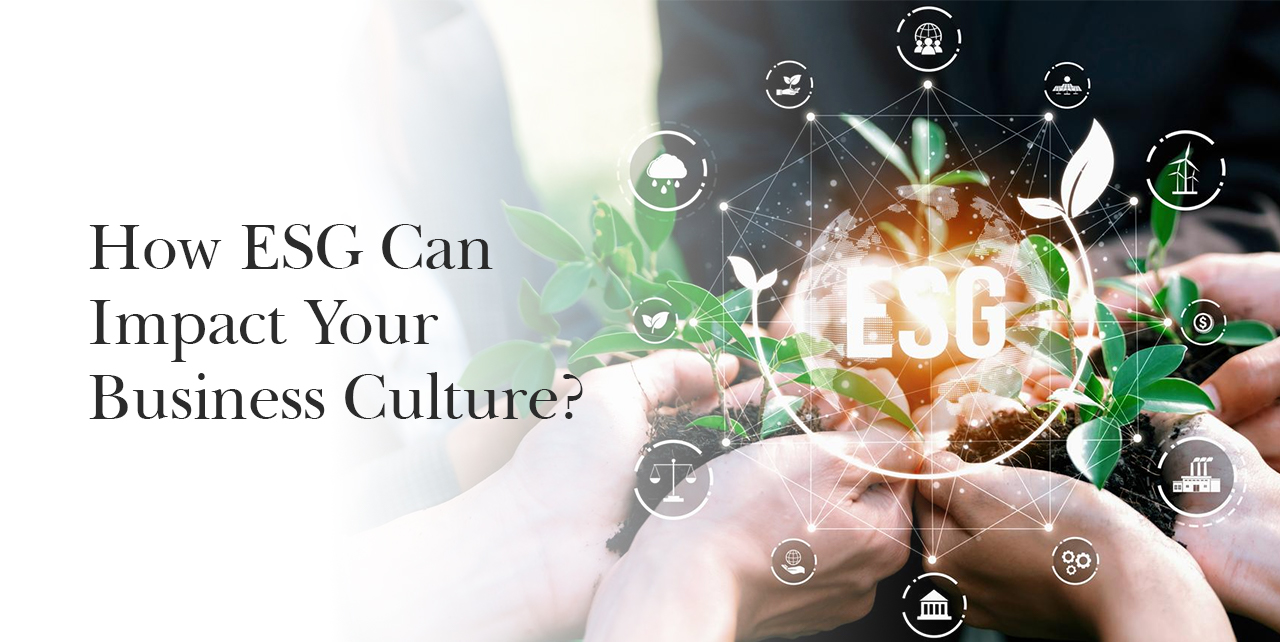Companies are increasingly recognising the importance of Environmental, Social, and Governance (ESG) principles to stay competitive. These values are not only key to external sustainability and compliance but also serve as a powerful tool for transforming company culture. ESG principles can create a more transparent, ethical, and innovative workplace, leading to long-term growth and improved employee satisfaction when integrated into the core values of a business,
Fostering a Transparent and Ethical Environment
One of the most significant impacts of ESG is its ability to foster transparency and ethical practices within a company. Businesses set the tone for honest decision-making by prioritising accountability in governance and encouraging responsible environmental practices.
This transparency boosts trust with stakeholders and within teams, promoting a culture of integrity and openness. Leaders who embrace ESG principles model ethical behaviour, which sets expectations for employees at all levels.
Enhancing Employee Engagement and Retention
An ESG-focused culture also enhances employee engagement. When employees feel that their company is genuinely invested in social responsibility and environmental sustainability, they are more likely to feel aligned with the company’s values.
A study by Glassdoor revealed that job seekers would consider a company’s social and environmental commitments before applying for a job. By creating an environment where sustainability is prioritized, businesses can improve employee morale, increase retention rates, and attract top talent.
Promoting Diversity and Inclusion
The Social aspect of ESG involves ensuring that businesses care for the environment and their people. By focusing on diversity and inclusion, companies create a more equitable workplace, enhancing innovation and problem-solving.
Inclusive work environments, where diverse perspectives are valued, are proven to outperform their peers. As businesses evolve to reflect the diverse world around them, an inclusive culture fosters a sense of belonging, making employees more invested in the company’s success.
Creating a Long-Term Vision for Growth
Sustainability is not just about environmental responsibility—it’s about creating long-term value for the business and its stakeholders. Integrating ESG principles into the corporate culture ensures that businesses make decisions with the future in mind.
Whether it’s adopting green technologies or developing sustainable business models, companies with a long-term growth mindset are better positioned to navigate challenges and seize new opportunities.
Strengthening Brand Reputation and Stakeholder Relations
Companies with strong ESG practices often see improved relationships with customers, investors, and other stakeholders. Consumers today are more informed and increasingly favour businesses that align with their values.
According to a Harvard Business Review report, brands with strong ESG credentials can outperform their competitors annually. A positive reputation built on sustainability not only strengthens customer loyalty but can also attract investors who prioritize responsible and sustainable growth.
Integrating ESG principles into your company culture isn’t just a trend—it’s a strategic move that can lead to more engaged employees, improved business resilience, and a stronger, more sustainable brand. As the world moves towards a more sustainable future, businesses that embrace these practices will be better equipped to navigate challenges and seize growth opportunities.


